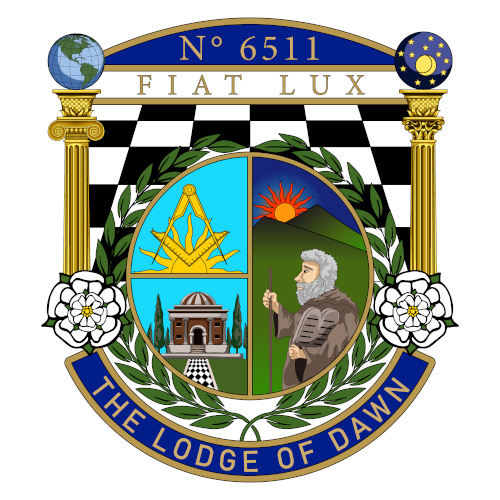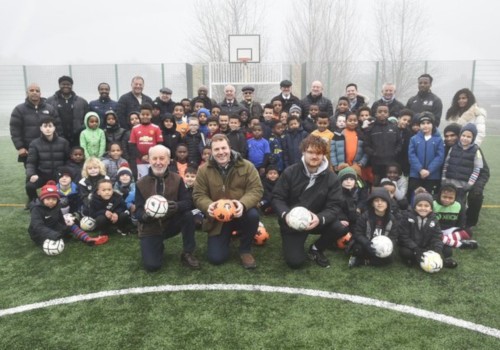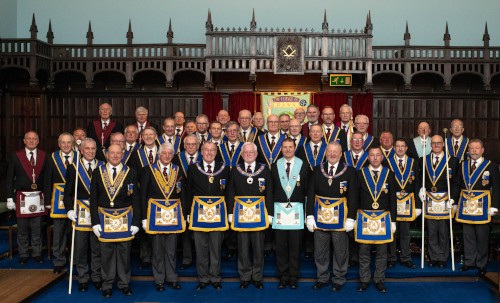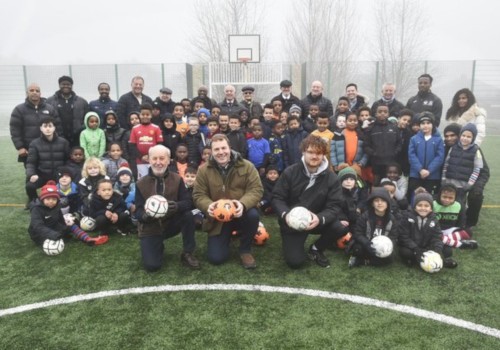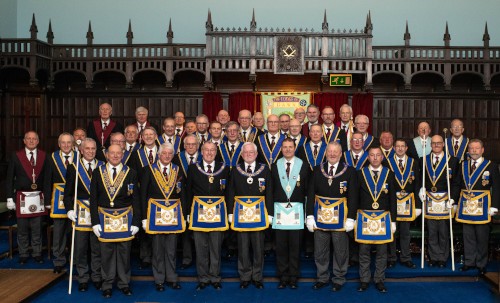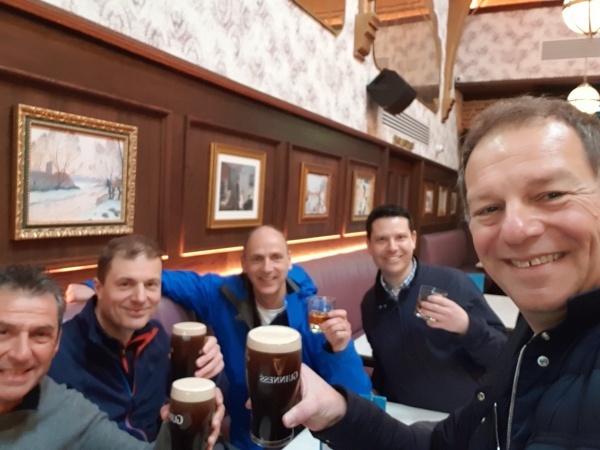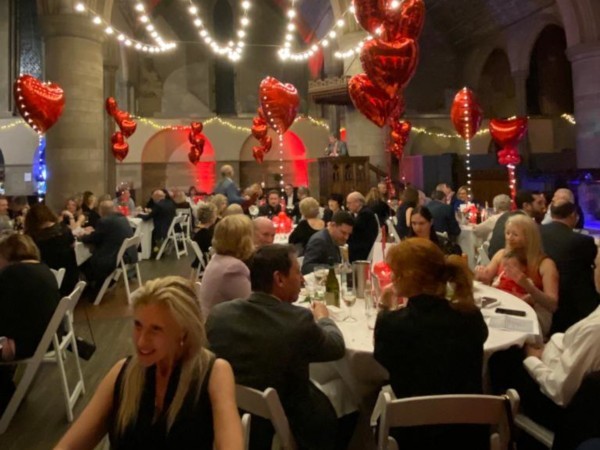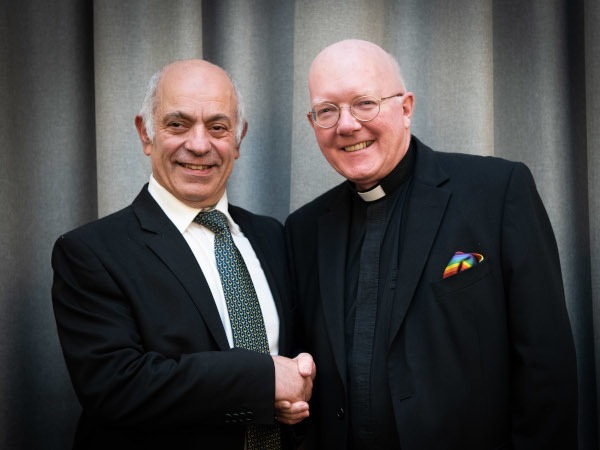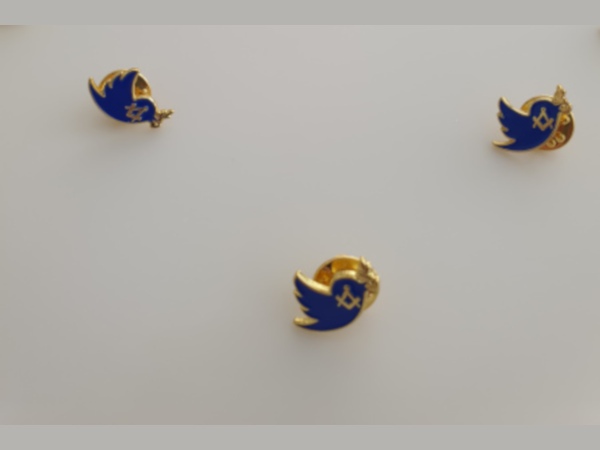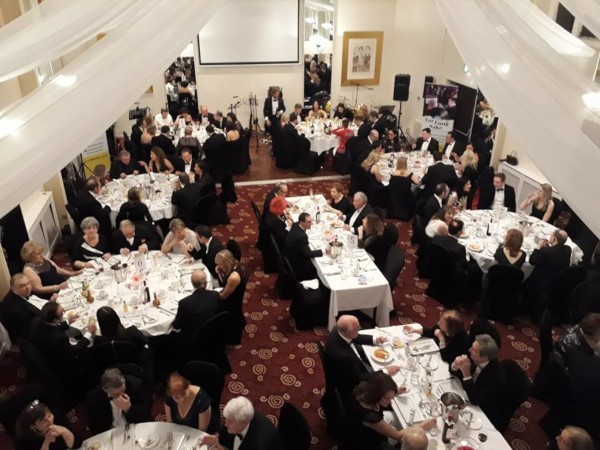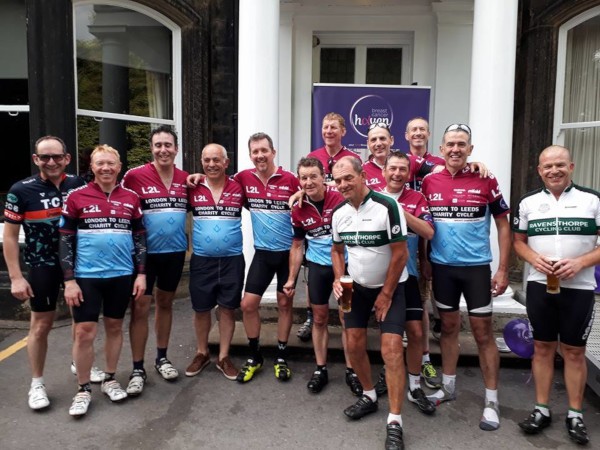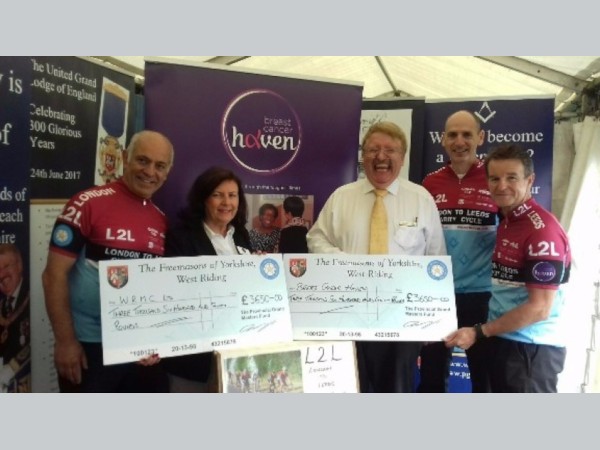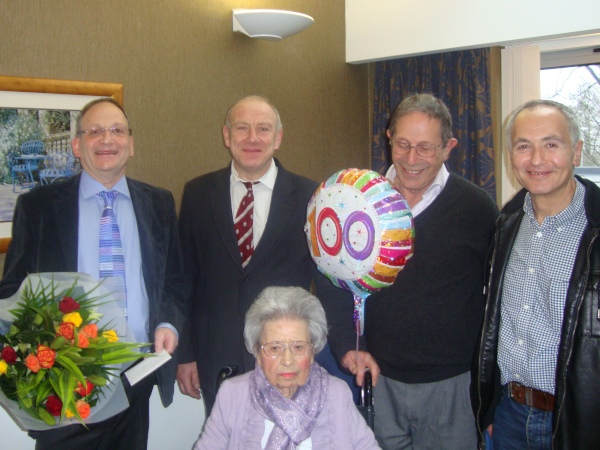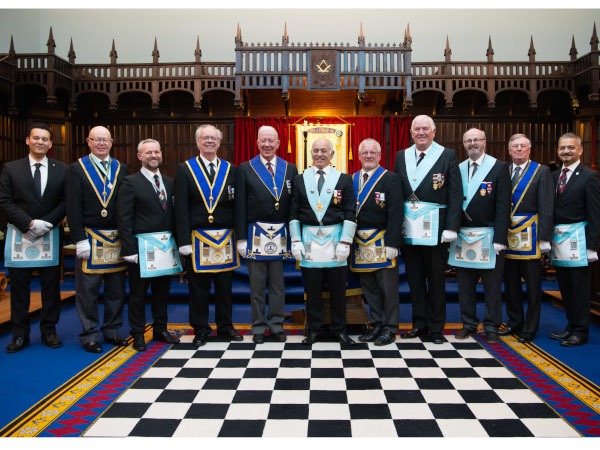What is Freemasonry?
Freemasonry is a fraternal society; one of the largest non-religious, non-political and charitable organisations in the world. Anything relating to Freemasonry is called ‘Masonic’.
Being a Freemason offers different things to different people. For some it is a social activity involving new friends and acquaintances. For others it is about making a contribution to society through charitable causes. Others find the sense of belonging to a historic organisation important. But above all it is simply an enjoyable hobby. See our ‘7 reasons to join Freemasonry’.
Freemasonry is a society of men concerned with what Freemasons consider the three moral values of ‘brotherly love, relief and truth’. Whilst this long-established phrase from ancient ritual is still expressed in formal ceremonies, it can be translated into a more modern definition of ‘Personal Integrity, Friendship, Mutual Respect and Charitable Giving’.
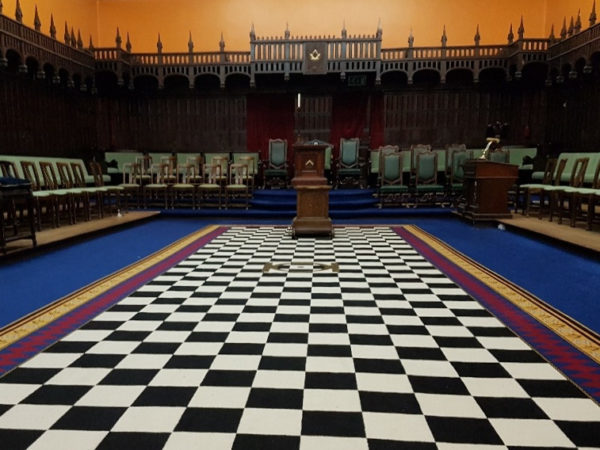
- Integrity: Building good people
Freemasons are focused on building themselves as people of integrity and membership provides the structure to help achieve that goal. - Friendship: Building together
Freemasonry provides the common foundation for friendships between members, many of which will last for life. - Respect: Building unity
Freemasonry brings people together irrespective of their race, religion, social standing or any other perceived differences that can divide us as a society. - Charity: Building compassion
Kindness and charitable giving are deeply ingrained within the principles of Freemasonry and the organisation provides the structure for members to make positive contributions to their communities and various causes.
The aim of Freemasonry
The aim of Freemasonry is to make ‘good men better’ by reminding them of their duty to society, being law-abiding and remaining conscious of the needs of those less fortunate, which includes both Freemasons and non-masons alike. Freemasonry provides a unique environment for masons from a wide range backgrounds and fields to make a contribution to society, form long-lasting friendships, to help their local community, new learn skills and above all enjoy themselves. In summary, traditional values for the modern man.
Membership in Freemasonry
Any man over the age of 21, regardless of race, religion, occupation, sexual orientation or social background, as long as he believes in a ‘Supreme Being’, can become a Freemason. See our easy to follow ‘how to join’ guide.
Organisation of Freemasonry
The United Grand Lodge of England and Wales (UGLE), which based at Freemasons Hall in London, oversees the governance and organisation of Freemasonry in the UK. The Freemasons organisation is split geographically into provinces. Outside of London there are 47 Provincial Grand Lodges, each of which is headed by a Provincial Grand Master. Within the UK there are over 200,000 Freemasons with over six million Freemasons around the world.
Leeds Freemasons Lodge
The Lodge of Dawn is a Leeds Freemasons Lodge located in the Province of Yorkshire West Riding. The Province of Yorkshire West Riding has nearly 6,000 members and 198 lodges. Find out more about the Lodge of Dawn here.
Masonic Lodges
A Masonic lodge, is the basic organisational unit of Freemasonry. It is also commonly used as a term for the building in which such a unit meets. Each Lodge must be warranted or chartered by The United Grand Lodge of England and Wales. The Lodge of Dawn meets at the Grade II listed Castle Grove Masonic Hall in Headingley, North West Leeds.
History of Freemasonry
Some believe that Freemasonry evolved from stonemasons’ guilds, which themselves have existed in some form since the 1500s. The first recorded Freemason’s initiation, that of Elias Ashmole, was in October 1646. The Grand Lodge was formed in 1717, in London; four existing London Lodges, met at the Goose and Gridiron Tavern in St Paul’s Churchyard, and declared themselves a Grand Lodge, the first in the world. However, it wasn’t until December 1813 that the United Grand Lodge of England was formed.
If you have any further questions about What is Freemasonry, see our FAQs page. If you would like to join The Lodge of Dawn or would like to discuss any aspect of Freemasonry please contact us and we’ll get back to you as soon as possible.
